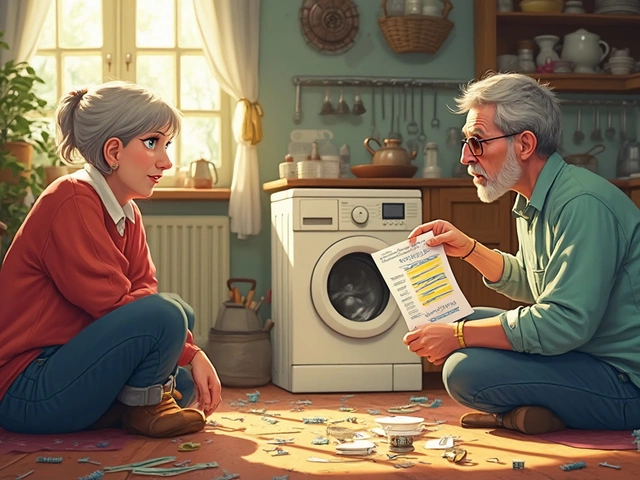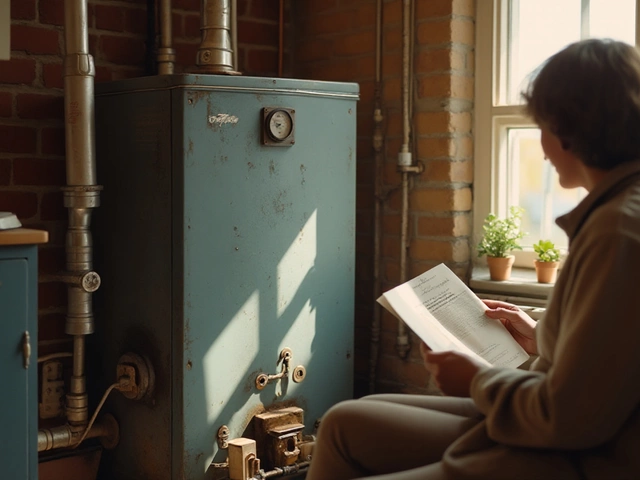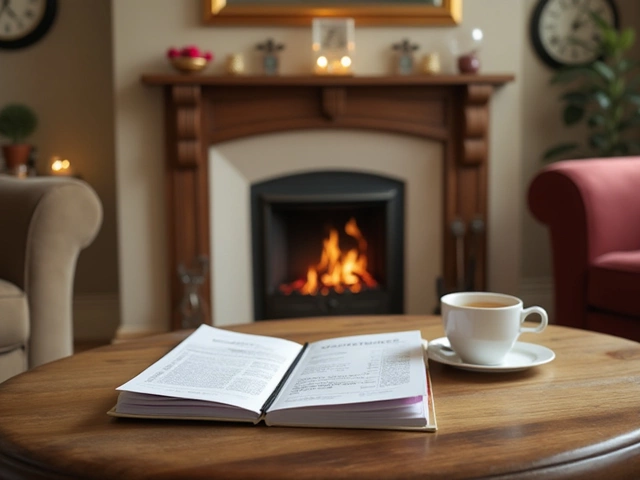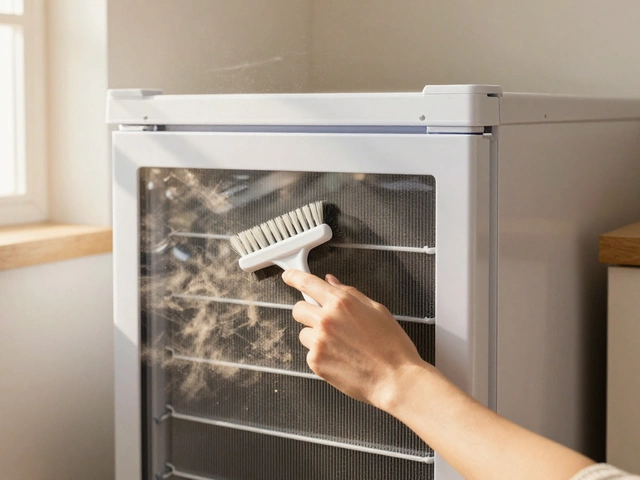Hot Water System Care: Simple Tips to Keep Your Boiler Running Smoothly
Got a cold shower and wondering why? Most hot‑water headaches come from easy‑to‑fix neglect. A few minutes each month can keep your boiler humming, cut your bills, and stop surprise leaks.
Monthly Checks You Can Do Yourself
First, look at the pressure gauge. It should sit between 1 and 1.5 bar when the system is off and about 1.5 to 2 bar when it’s running. If the needle wanders, bleed the radiators until the gauge steadies, then add water via the filling loop.
Next, listen for odd noises. Banging or whistling often means trapped air or limescale. A quick bleed on each radiator releases air and smooths out the sound.
Check the thermostat setting. Many people leave it too high, just to be warm, which forces the boiler to work harder. Aim for 65 °C for heating and 55 °C for hot water – that’s enough for comfort and saves energy.
Glance at the area around the boiler for any moisture or rust. Damp spots hint at a leaking pipe or a faulty pressure valve. Catching a leak early prevents water damage and costly repairs.
If your system uses a hot‑water cylinder, open the access panel and inspect the anode rod (the metal stick inside). A corroded rod means the tank is rusting from the inside. Replacing it every 2‑3 years protects the whole system.
When to Call a Pro
Some jobs need a qualified engineer. If the boiler won’t fire up, flashes an error code, or the pilot light keeps going out, it’s time for a professional. Same goes for any soot buildup in the flue – that’s a safety issue.
Another red flag is a sudden drop in water temperature while the boiler stays on. It could be a faulty thermostat, a broken pump, or a blocked heat exchanger. A qualified tech can diagnose and fix these without risking further damage.
Annual servicing isn’t optional. A yearly check clears debris, tests safety controls, and confirms gas pressure is right. Most companies, including Rugby Appliance Repair Services, offer a 30‑day guarantee on their work – a nice safety net.
Finally, if you notice a persistent smell of gas, turn off the boiler, open windows, and call an emergency service immediately. Safety first, always.
By staying on top of these simple steps, you’ll keep hot water flowing, lower your energy bills, and avoid the panic of a broken system in the middle of winter. Got a question? Reach out to a local expert and get peace of mind today.






